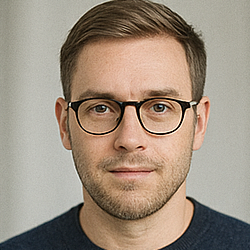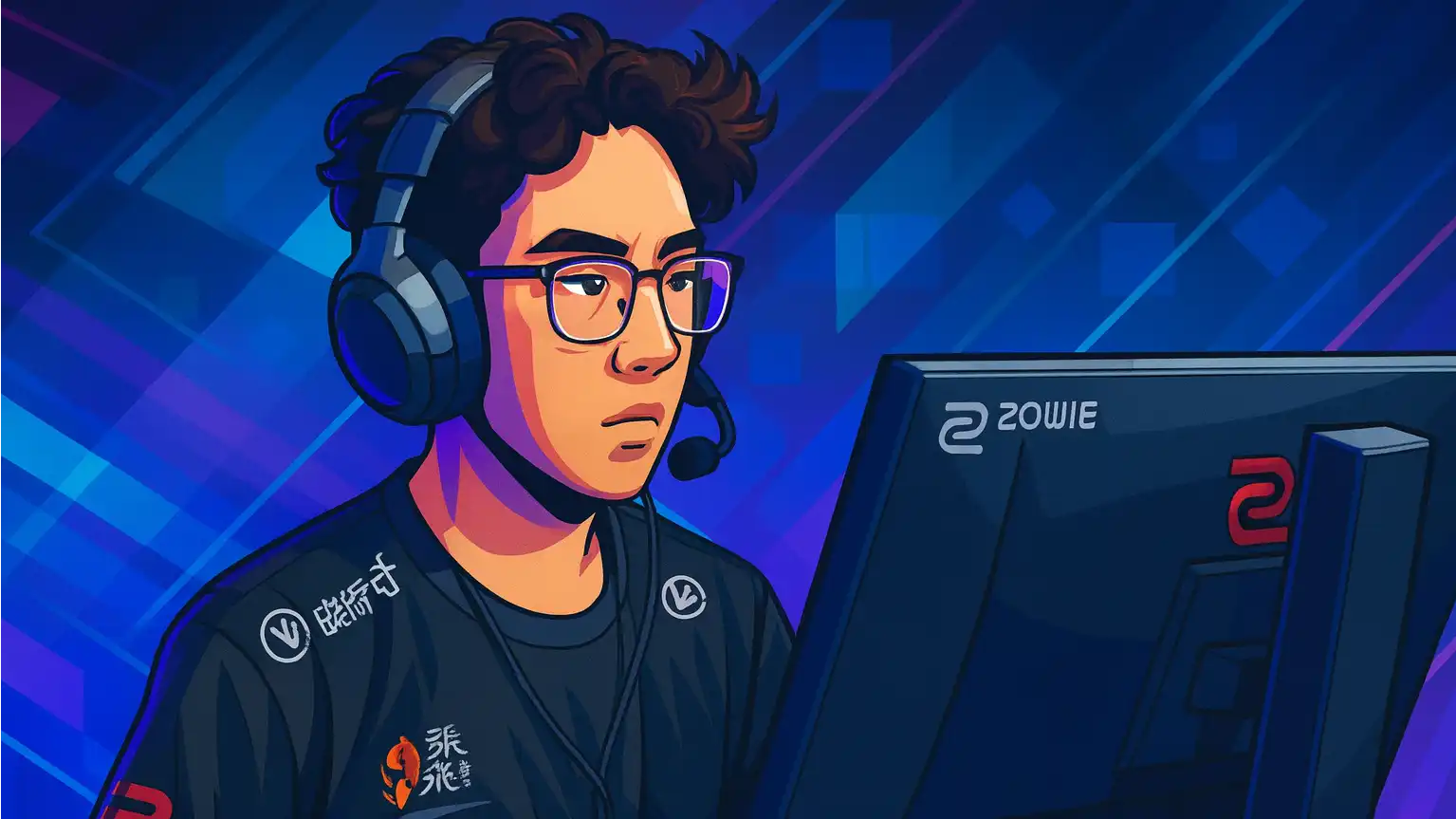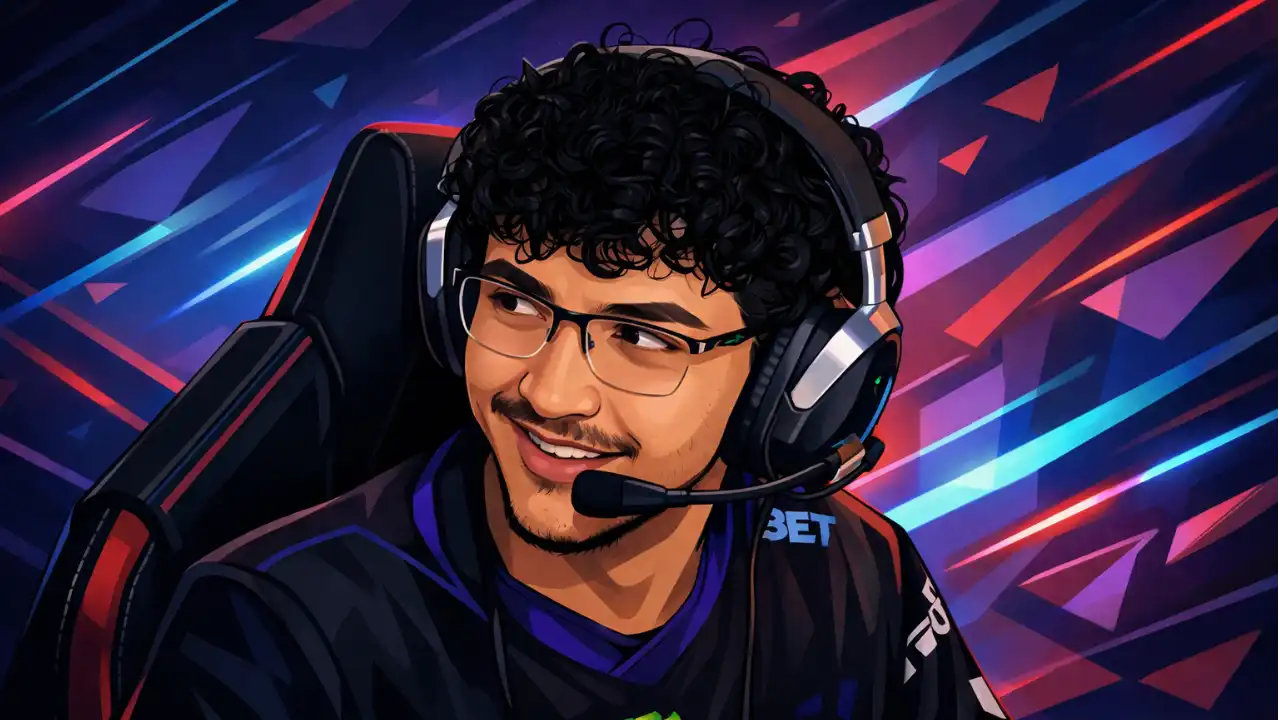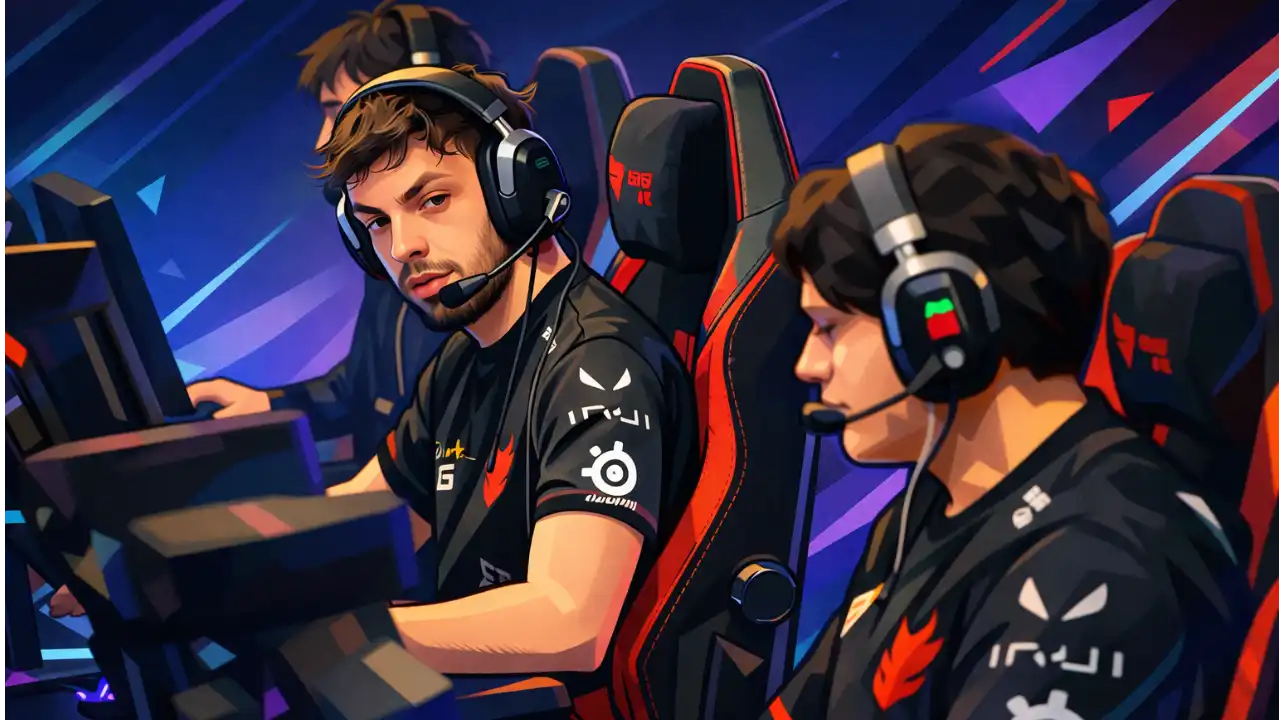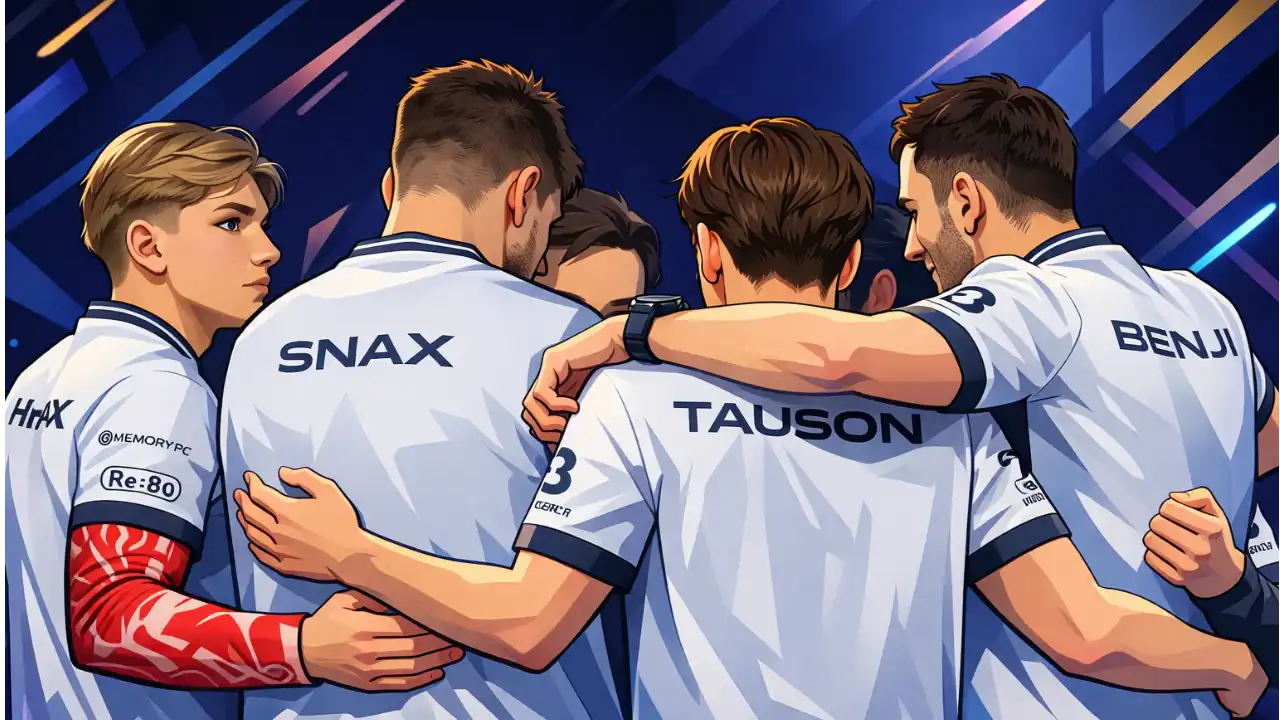Whistleblower allegations rock Chinese CS2: ex-pro “somebody” linked to alleged match-fixing network
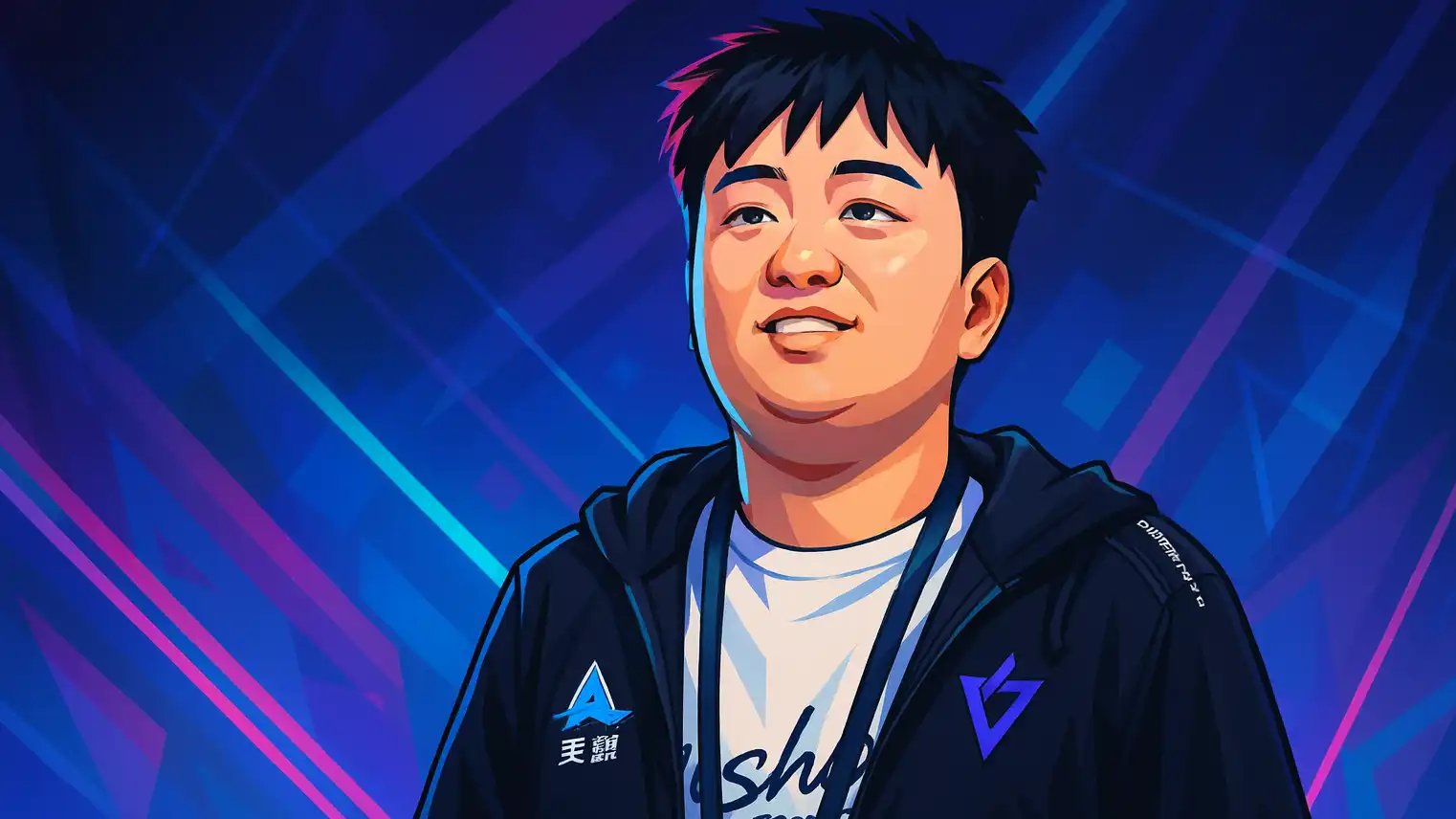
Whistleblower allegations rock Chinese CS2: ex-pro “somebody” linked to alleged match-fixing network
A major integrity scandal has hit the Chinese Counter-Strike 2 scene, with a whistleblower accusing veteran player Xu “somebody” Haowen and his cousin Chen Peng (“Mr. C”) of running a long-term match-fixing and cheating operation involving multiple teams and events. The claims have been amplified by recordings, chat logs and public testimony from international pro Mohammad “BOROS” Malhas, and have already prompted a public denial from Rare Atom and renewed scrutiny of ATOX.
Allegations surface from Chinese streamer Shukebai
The story broke publicly on September 4–5, 2025, when Chinese streamer Shukebai (Shuke Bai) broadcast material he presented as evidence of a systemic match-fixing and cheating ring in Chinese CS2. In those broadcasts, later summarized and translated by community figures, Shukebai alleged that:
-
Chen Peng (“Mr. C”) is the main organizer of Chinese match-fixing in recent years.
-
Xu “somebody” Haowen is described as his “number two” in the operation.
-
Chen is alleged to control or heavily influence multiple teams, including ATOX and Wings Up.
-
The group supposedly used hardware-based cheats (“soft routers”) that can provide extra information (such as radar data) in online matches, and allegedly manipulated results while profiting from betting markets.
In social media posts circulating alongside the streams, the whistleblower described the operation as the “biggest tumour” in Chinese CS2 and compared it to long-running corruption scandals in Chinese football.
None of these claims have yet been confirmed by a governing body, but they have been independently reported by multiple esports outlets and heavily discussed in the community.
BOROS says he was approached to fix a match in China
The allegations gained international traction when Mohammad “BOROS” Malhas – a well-known rifler who has represented Monte, Falcons and JiJieHao – publicly backed part of the story.
On September 4, 2025, BOROS posted on X (Twitter) that while he was in China and somebody was playing for Rare Atom, the Chinese player and his associates approached him with an offer to fix a match. BOROS stated that he refused, thanked JiJieHao for helping him get away from the situation, and called for those involved to be banned from esports.
About a week later, BOROS’s account of events was expanded in further coverage. He is reported to have said that:
-
The proposal came during a LAN stay in China and was described as “322” – slang for a thrown match.
-
After refusing, he allegedly received threatening messages aimed at pressuring him.
-
He identified a relative of somebody, known as “Frankie” or Chen Peng, as the leader of a Chinese match-fixing syndicate said to control ATOX and to have provided software to some European teams.
While some details differ slightly between translations and reports, the core point – that BOROS says he was offered money to throw a match by somebody and his circle, and turned it down – is consistent across several independent outlets and his own public post.
Alleged scope: ATOX, suspicious matches and “soft router” cheats
The whistleblower material and subsequent reporting paint a picture of an operation that allegedly goes beyond a single approach to BOROS:
-
ATOX is repeatedly described as being under the control or influence of Chen Peng, with somebody working alongside him.
-
Community investigations link the alleged syndicate to match-fixing and cheating over several years, with claims that multiple Chinese and APAC rosters were involved.
-
One of the technical methods described is the use of “soft routers” – modified network devices or hardware that can inject extra information into the client, reportedly used to gain unfair advantages in online matches.
The scandal is viewed in the context of previous, officially confirmed issues around ATOX. In early 2025, the Esports Integrity Commission (ESIC) banned several ATOX players after finding an “extensive history of match-fixing” tied to organized betting syndicates, including suspicious activity in their ESL Pro League Season 20 match against Falcons.
Shukebai and other community figures also point to several specific matches as suspicious, including:
-
A Rare Atom vs. Virtus.pro game at the PW Shanghai Major 2024, which Russian insider Vladislav “harumi” Radvilovich claims was deliberately lost by Rare Atom, citing blocked betting lines as circumstantial evidence.
-
A qualifier match where JiJieHao owner Xu “Hua” Yonghua says his team suspected they were cheated by the same group.
These are unproven allegations from insiders and do not constitute official rulings, but they are part of the picture being discussed by the community and reported by several news sites.
Rare Atom issues public denial
With somebody’s name repeatedly mentioned, his former organization Rare Atom moved quickly to distance itself from the accusations.
In a statement published on September 5, 2025, Rare Atom said it:
-
Denied any involvement in match-fixing.
-
Claimed it was unaware of any such activities during somebody’s time with the team.
-
Stated that it kept strict oversight of players’ bank accounts while he was under contract, arguing this would have made illicit payments difficult to hide.
-
Announced that it intends to co-operate with “official agencies and platforms” and that it supports an investigation into the matter.
The organization also clarified that streamer Shukebai – who had publicly criticized Rare Atom and somebody – had not been allowed to stand behind the team during events, citing tactical confidentiality rather than any link to the scandal.
Current status: No new official sanctions yet
Despite the scale of the allegations and the volume of material circulating on Chinese platforms, X and Reddit, no new sanctions have yet been announced against somebody, Chen Peng or the Chinese organizations named in the recent reports.
-
ESIC has not publicly expanded its existing ATOX rulings to cover these specific new claims.
-
Major tournament organizers such as ESL and Perfect World have, as of the latest reporting, not issued formal statements or bans in response to the whistleblower evidence.
Multiple outlets stress that the current story is based on whistleblower testimony, insider statements, recordings and chat logs that have been made public, but not yet tested in court or in formal disciplinary proceedings. Community compilations of the evidence also emphasise that these should be treated as allegations, not established fact, until Valve, ESIC or another governing body completes a full investigation.
A critical moment for Chinese CS2
For the Chinese CS2 ecosystem, the scandal lands at a time when the region is trying to rebuild its reputation and competitiveness. Teams like TYLOO and Lynn Vision have been the region’s standard-bearers at international events, while other controversies – such as separate allegations of cheating and misconduct involving z4kr – have already raised questions about competitive integrity in the region.
The whistleblower and several analysts have been careful to stress that organizations like TYLOO and LVG should not automatically be lumped in with the alleged network, and may in fact have been victims of it in some matches.
For now, the situation remains fluid:
-
Key facts that are clear and corroborated:
-
Shukebai has publicly accused Chen Peng and somebody of leading a match-fixing and cheating syndicate.
-
BOROS has gone on the record saying he was directly approached to throw a match and refused.
-
ESIC previously sanctioned ATOX players for match-fixing tied to betting syndicates.
-
Rare Atom has issued a formal statement denying organizational involvement and calling for official investigations.
-
-
Key points that are still only allegations:
-
The full extent of Chen Peng’s and somebody’s roles in any wider network.
-
The list of matches and teams allegedly affected beyond those already sanctioned by ESIC.
-
Claims of threats, broader criminal links and long-term control of multiple rosters.
-
Until Valve, ESIC or tournament organizers publish the results of formal inquiries, the CN CS2 match-fixing scandal remains a major developing story, balancing serious, multi-sourced allegations against the presumption of innocence for the individuals and teams involved.


